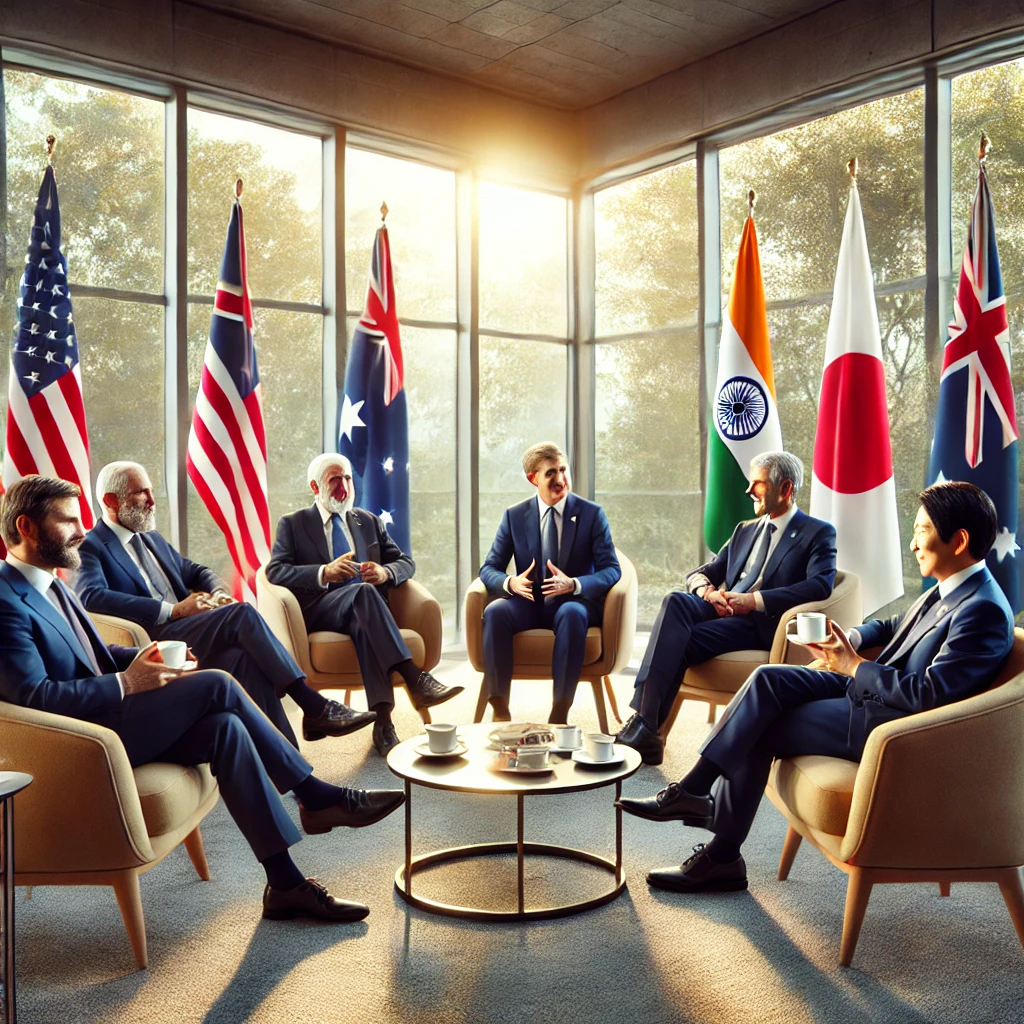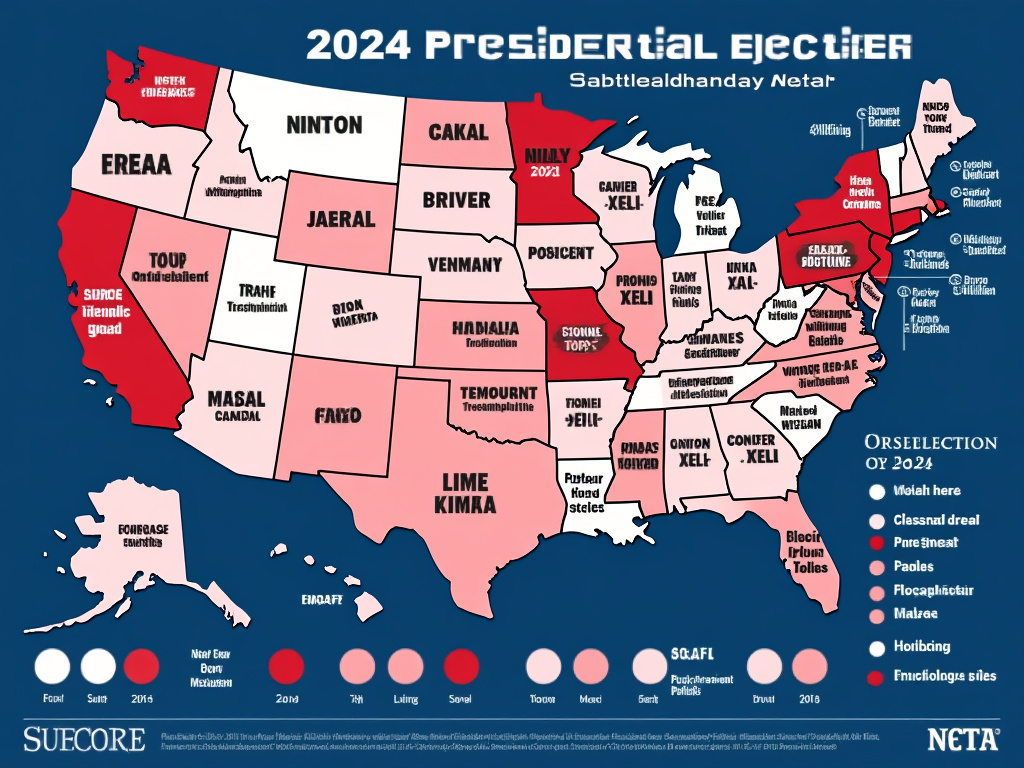Wilmington, Delaware, September 22, 2024 — President Joe Biden welcomed the leaders of the Quadrilateral Security Dialogue (Quad) — an influential partnership between the United States, India, Japan, and Australia — to a high-level summit near his hometown of Wilmington, Delaware. The meeting, part of Biden’s ongoing Towen Summit, focused on countering the growing influence of China in the Indo-Pacific region.
Held at a location just outside Wilmington, the summit was intended to foster more informal and open dialogue between the leaders. The talks revolved around addressing China’s increasing assertiveness, particularly its military expansion, economic activities, and territorial ambitions in the South China Sea.
Focus on Indo-Pacific Security
In his opening remarks, President Biden highlighted the Quad’s vital role in ensuring peace and stability across the Indo-Pacific region, which is crucial for global trade and economic security. “The Quad is committed to maintaining a free and open Indo-Pacific where the sovereignty of nations is respected. Together, we stand against any coercion or aggression,” Biden said, stressing the importance of unity among the four democratic nations.
Indian Prime Minister Narendra Modi, Japanese Prime Minister Fumio Kishida, and Australian Prime Minister Anthony Albanese shared Biden’s concerns, reiterating their commitment to uphold international laws and counterbalance China’s influence, particularly in maritime security and emerging technologies.
Key Issues on the Table
While China’s rise was a dominant theme, the Quad leaders also addressed other pressing strategic issues, including:
- Military Cooperation: The summit focused on deepening military partnerships, including joint naval exercises, to ensure the freedom of navigation in key waterways like the South China Sea.
- Economic Alternatives: In response to China’s Belt and Road Initiative, the Quad reaffirmed its commitment to providing sustainable infrastructure development projects for developing nations, offering alternatives to China’s heavy investments.
- Technological Cooperation: Recognizing the importance of technological leadership, the Quad leaders agreed to expand collaboration in fields like artificial intelligence, cybersecurity, and 5G technology, seeking to reduce reliance on Chinese technological infrastructure.
The China Factor
China, which sees the Quad as an attempt to contain its rise, has long expressed opposition to the group’s activities. Following the summit, the Chinese government criticized the Quad for trying to provoke tensions in the Indo-Pacific and warned that the actions of the bloc could “destabilize the region.”
However, the Quad members have consistently maintained that their alliance is not aimed at encircling China, but rather at promoting peace, security, and economic stability in the region. “This is not about confrontation,” said Australian Prime Minister Albanese. “It’s about ensuring that the rules-based international order is respected by all.”
A Meeting Close to Home
The decision to host the Quad summit near Wilmington, where President Biden has deep roots, was seen as a symbolic gesture of hospitality and diplomacy. The picturesque Delaware setting provided a calm and reflective backdrop for the serious conversations about the future of the Indo-Pacific. Analysts believe that Biden’s choice of location also reflects his desire to engage in more informal, yet substantive, dialogue with the Quad leaders.
Local residents in Wilmington have welcomed the global attention, with many expressing pride that their city played a role in such an important international event. “It’s great to see our hometown on the global stage,” said Wilmington resident Laura Brown.
Looking to the Future
As the Quad leaders wrapped up their discussions, President Biden expressed optimism about the group’s role in shaping the Indo-Pacific’s future. “Together, we are stronger, and together, we can meet the challenges ahead,” Biden said as the summit concluded.
The Quad’s next meeting is anticipated to take place in 2025, with growing expectations that the partnership will continue to play a central role in balancing Beijing’s influence and shaping regional policy in the Indo-Pacific.



